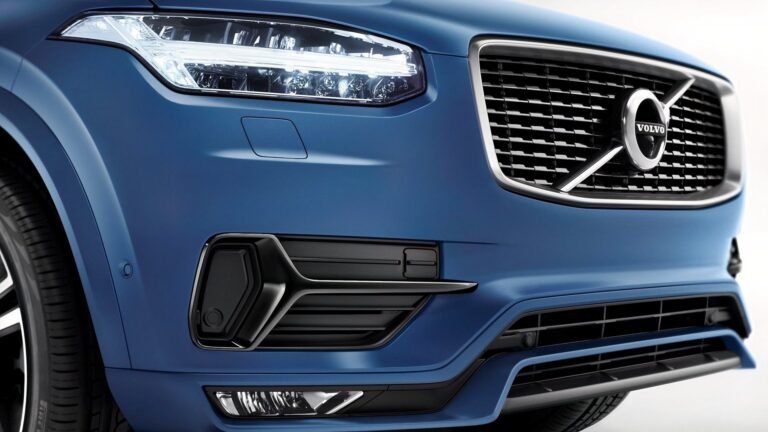
- Ford says Chinese automakers pose a greater threat than Japan once did.
- Jim Farley admits China’s EV tech now surpasses most Western carmakers.
- The company expects EVs to make up 5 percent of the US market soon.
For years, many traditional carmakers seemed content to ignore the quiet storm gathering in China’s automotive sector. The rise of new Chinese manufacturers barely registered on their radar, as if the disruption that had shaken the tech world could never reach the showroom floor.
Read: Ford Chief Says China Leads US By 10 Years In EV Batteries, Needs Their IP
That illusion has now been thoroughly dispelled. Most major automakers now grasp the scale of disruption these Chinese brands are set to bring to the global car market, and among the most outspoken voices acknowledging it is Ford’s chief executive, Jim Farley
Over the past year, Farley has been quite outspoken in his belief that Chinese brands have developed a significant lead in the electrification race.
How Big Is The Threat?
At one point, he was even driving a Xiaomi SU7 every day, not as a stunt but out of genuine admiration. For Farley, the challenge from China eclipses even the Japanese surge of the early 1980s.
“I think it’s exactly the same thing, but it’s on steroids,” Farley told Business Insider. “They have enough capacity in China with existing factories to serve the entire North American market, put us all out of business. Japan never had that. So, this is a completely different level of risk for our industry.”
In 1980, Japan produced over 11 million vehicles, a surge that prompted then-President Ronald Reagan to impose voluntary export limits on Japanese imports. Today, the circumstances are different but the unease feels familiar.
Chinese EVs are currently barred from sale in the United States, insulating local brands for the moment. Yet Ford, operating on a global stage, can’t rely on geography for protection.

The Chinese Tech Advantage
“[The Chinese] have far superior in-vehicle technology. Huawei and Xiaomi are in every car. You get in, you don’t have to pair your phone. Automatically, your whole digital life is mirrored in the car,” Farley added.
“We are in a global competition with China, and it’s not just EVs. If we lose this, we do not have a future Ford. The Chinese are the 700-pound gorilla in the EV industry. It is completely dominating the EV landscape globally and more and more outside of China.”
For now, Trump-era regulations, including the removal of the federal EV tax credit worth up to $7,500, have impacted demand for electric vehicles in the United States.
Still, Farley sees the slowdown as temporary. He expects EVs to hold about 5 percent of the U.S. market in the short term but believes that number will rise as lower-cost models reach production and public perception catches up with the technology.



